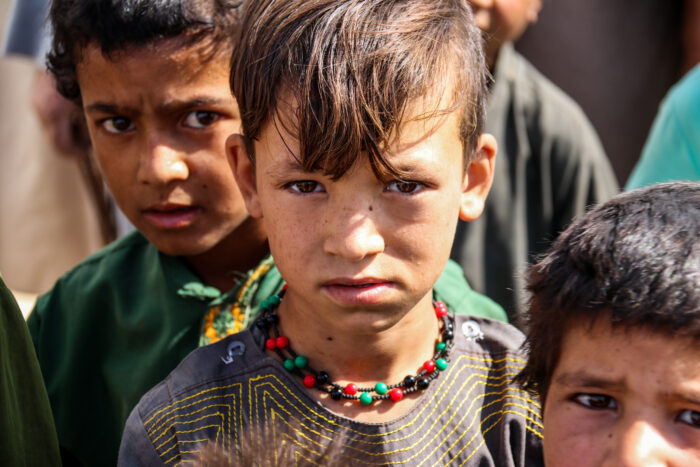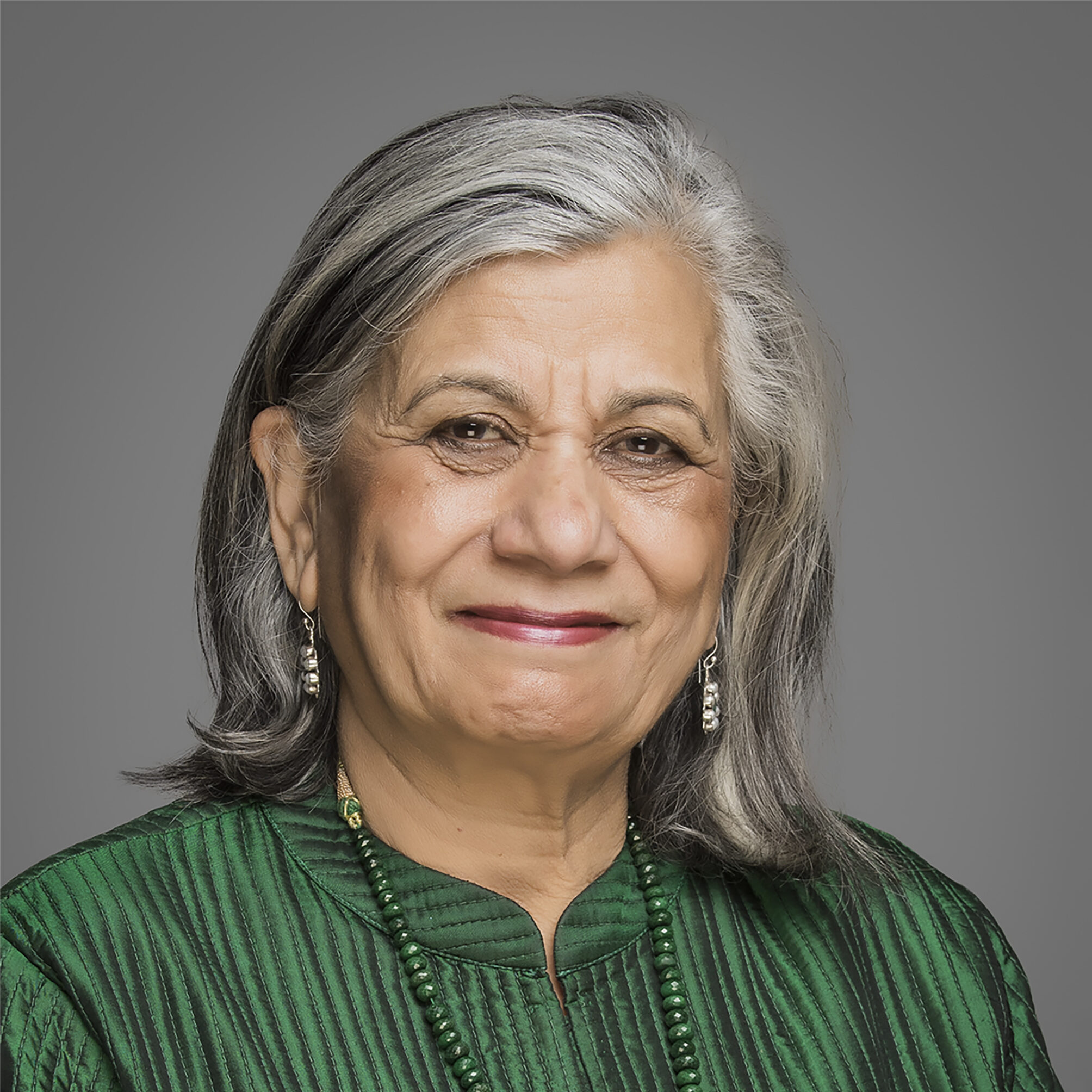Written by WRMC special advisor Allan Rock, WRMC member Ratna Omidvar along with Ed Broadbent, Rachel Pulfer and Peter MacKay.
This article was originally published in the Globe and Mail.
As Justin Trudeau’s cabinet ministers gather virtually for a three-day retreat that begins on Monday, they will be preoccupied with the latest crises of the day: Omicron, inflation, Ukraine. But we ask them to first prioritize Afghanistan, and people like Khatera Ahmadi.
Ms. Ahmadi fled Afghanistan for Pakistan early in October, 2021. As a female anchor for the all-woman station Zan TV, she knew that she had a target on her back – and that she had to get out of Kabul.
She may have expected hardships. But she didn’t expect to still be in Pakistan, four months later. She didn’t expect to still be receiving death threats. And she didn’t expect to lose the child she was carrying when she first arrived.
Ms. Ahmadi has experienced unimaginable personal tragedy. Yet aspects of her situation are also far too typical.
Last year, thousands of Afghans at risk escaped Kabul after it fell to the Taliban. They’ve since been in limbo, stuck in these “lily pad countries” as they wait for a visa solution that never comes. They are the lucky ones. Far too many remain in Afghanistan, facing ever bleaker prospects.
Security experts expect Afghanistan to explode into violence. As the winter grinds on, an Afghan protest movement against “the presence of Pakistan” in Afghanistan grows – a situation that also threatens to destabilize Pakistan, as Prime Minister Imran Khan’s Taliban-supporting government struggles to contain extreme Islamist elements.
Food insecurity is widespread. The continuing freeze on its economy is creating extraordinary dependency on outside aid. World Food Program head David Beasley estimates that 97 per cent of households there face severe poverty.
It is still possible for Afghans to secure visas for travel to third countries, but it is getting much more difficult. Last fall, Pakistan went from accepting undocumented people, to requiring passports, visas and then proof of COVID-19 vaccination. By December, the Pakistani government announced that all Afghans in Pakistan “improperly” would be sent back within three months.
Ms. Ahmadi, her partner and her colleagues all have visas. Some have even registered with the United Nations High Commissioner for Refugees (UNHCR) for added protection. But as the months pass, Afghans in Pakistan need to renew their visas; some need to renew their passports. Each interaction with officialdom is fraught.
The Government of Canada holds out hope to Ms. Ahmadi and others. Canada has committed to resettling 40,000 Afghans; to date, approximately 7,000 have reached our shores. For Ms. Ahmadi, her resettlement could come through the humanitarian stream, which prioritizes asylum to journalists at risk, persecuted minorities, women leaders, LGBTQ and human-rights defenders. Some will be supported by government – those who can demonstrate “a sustained relationship” with Canada. Thousands more will need private sponsorship.
In last year’s fall economic statement, the federal government announced $1.3-billion in spending to support resettlement – another source of hope. But these funds are to be disbursed over the next six years (an additional $66.6-million was promised for future years). People like Ms. Ahmadi and her husband don’t have six years – they need a durable solution in the next six weeks.
Organizations are starting to secure donations from those willing to sponsor Afghans in need. Given that it remains unclear how the remaining resettlement spots are to be allocated, private sponsorship is one of the few concrete options left. But the timeline for such resettlement is also not yet clear.
Canadians are ready to step up. Poll after poll shows that Canadians care deeply, want a solution, and want to be part of it. The deepening crisis in the region requires front-loading the federal funding that has been announced, and for a portion to be allocated to a form of blended public-private sponsorship, in which government matches the private funds raised. Blended sponsorship lowers the financial barrier and allows more Canadians to get involved.
Some Afghans on evacuation lists, such as Ms. Ahmadi, face documented evidence of threats. Further, given the risk of deportation, there is an urgent need to get those Afghans in Pakistan bound for Canada moving on. The government estimates it will take until the end of 2023 to fully resettle the 40,000. This is not nearly fast enough for people like Ms. Ahmadi. The Minister of Immigration, Refugees and Citizenship has the power to invoke Section 25.2 of the Immigration and Refugee Protection Act to fast-track those with a high-risk profile, and should do so in a clear and transparent manner. If that doesn’t happen, these people risk deportation or disappearance.
Action is desperately needed.
That means setting up a cabinet committee that is mandated, empowered and resourced to act on the Afghanistan file, paired with a task force of officials across departments. That means a clearly communicated timeframe, with commitment from the government to hit and report on milestones of progress. That means political direction on how the remaining refugee spaces are to be allocated.
Despite the mounting danger, the Afghanistan crisis risks being eclipsed internationally by other pressing concerns. Lives, including those of people who worked to help Canadians understand the war zone they faced, are in limbo; some, tragically, have already been lost. We know what to do. Now let’s get it done.
Image: Shuttertock / Trent Inness


